The Stages of Economic Growth: A Non-Communist Manifesto
This third edition of The Stages of Economic Growth, first published in 1991, has a new preface and appendix, Professor Rostow extends his analysis to include economic and political developments as well as the advances in theory concerning nonlinear and chaotic phenomena. For those coming to his work for the first time, the original text and the introductions and appendices from earlier editions are included. This volume will not only be of interest to those concerned with the theory of economic growth, but also to students of policy since the 1960s. In the text Professor Rostow gives an account of economic growth based on a dynamic theory of production and interpreted in terms of actual societies. Five basic stages of economic growth are distinguished with detailed discussions of each stage including illustrative examples. He also applies the concept of stages of growth to an examination of the problems of military aggression and the nuclear arms race. The final chapter includes a comparison of his non-communist manifesto with Marxist theory. Materials from the second edition include an appendix in which he responds to some of his critics.
{{comment.content}}
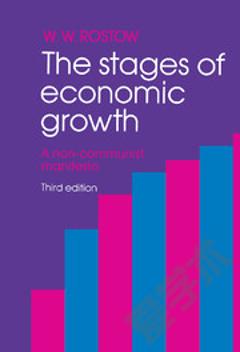
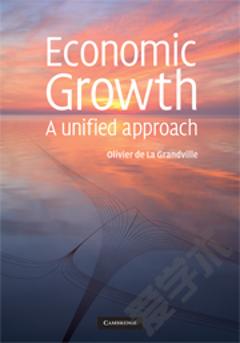


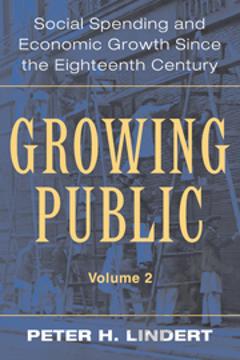
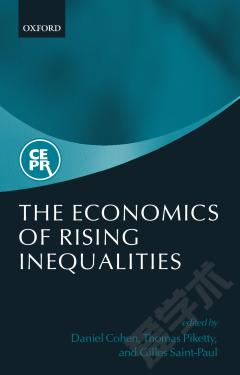
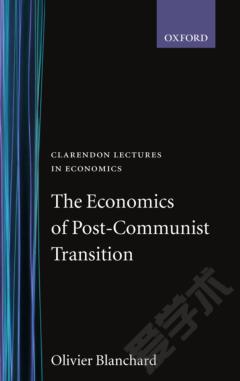

 京公网安备 11010802027623号
京公网安备 11010802027623号